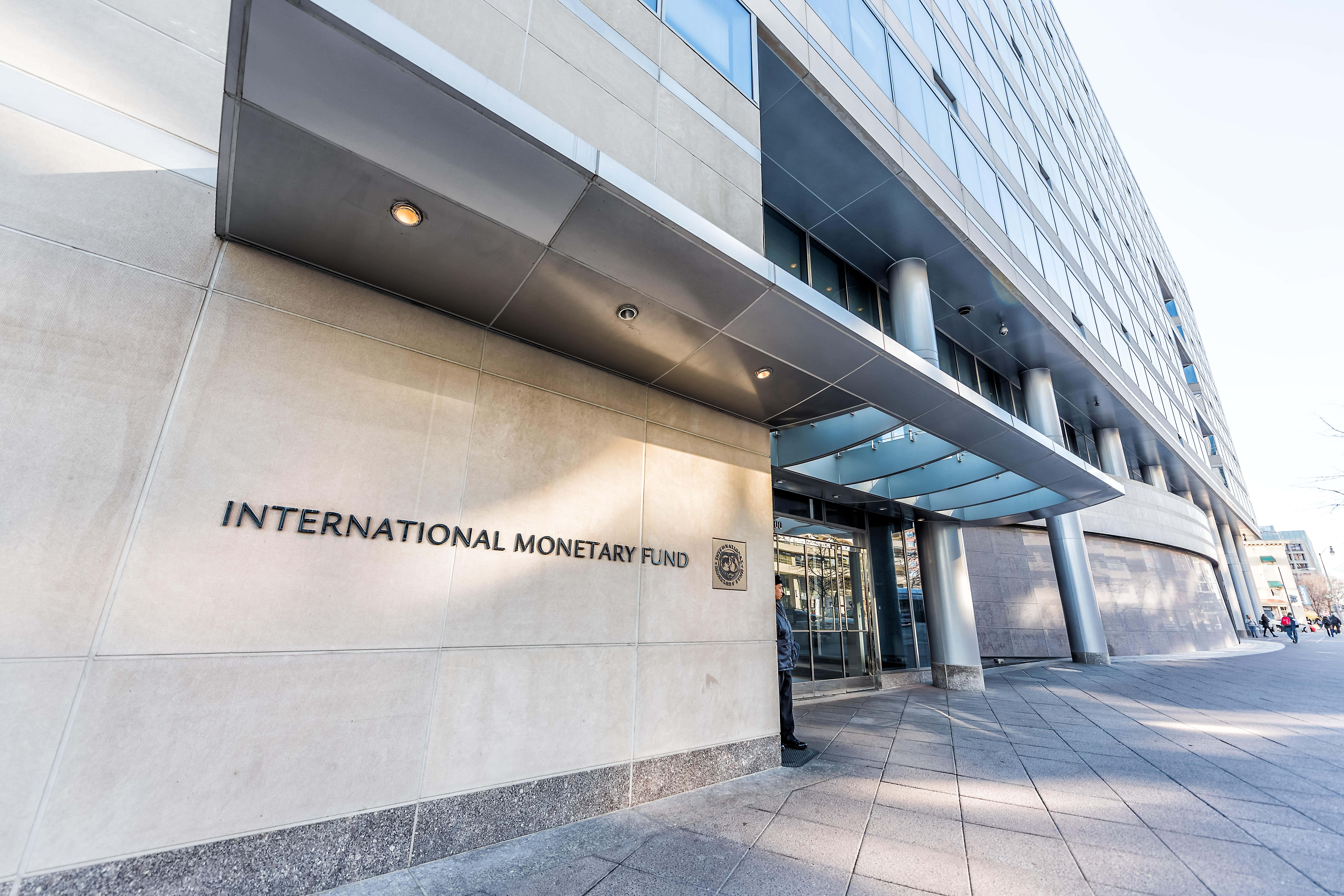UK to be second worst economy in the G7 in 2023 despite upgrade, says IMF
The International Monetary Fund said it expects UK output to grow by 0.4% this year.

Your support helps us to tell the story
From reproductive rights to climate change to Big Tech, The Independent is on the ground when the story is developing. Whether it's investigating the financials of Elon Musk's pro-Trump PAC or producing our latest documentary, 'The A Word', which shines a light on the American women fighting for reproductive rights, we know how important it is to parse out the facts from the messaging.
At such a critical moment in US history, we need reporters on the ground. Your donation allows us to keep sending journalists to speak to both sides of the story.
The Independent is trusted by Americans across the entire political spectrum. And unlike many other quality news outlets, we choose not to lock Americans out of our reporting and analysis with paywalls. We believe quality journalism should be available to everyone, paid for by those who can afford it.
Your support makes all the difference.The UK is expected to be the second slowest-growing economy in the G7 this year, the International Monetary Fund has said, despite a major upgrade to the country’s prospects.
A new IMF forecast expects the UK’s output to grow by 0.4 per cent during 2023, faster than Germany, but slower than any other country in the Group of 7 (G7).
It is an upgrade by 0.7 percentage points compared to the IMF’s previous forecast. Consumption was stronger than expected and Brexit uncertainty had reduced, the IMF said.
Growth in the US is expected to be the most rapid of all G7 countries at 1.8 per cent, the IMF said on Tuesday.
This will be followed by Canada (1.7 per cent), Japan (1.4 per cent), Italy (1.1 per cent), France (0.8 per cent), the UK (0.4 per cent) and Germany, where output is expected to shrink 0.3 per cent.
Across all advanced economies, which includes the G7 and other countries, growth is expected to drop from 2.7 per cent to 1.5 per cent in 2023, the IMF said.
It expects global growth to reach 3.0 per cent.
“Growth in the United Kingdom is projected to decline from 4.1 per cent in 2022 to 0.4 per cent in 2023, then to rise to 1.0 per cent in 2024,” the IMF said.
“This is an upward revision of 0.7 percentage points for 2023, reflecting stronger-than-expected consumption and investment from the confidence effects of falling energy prices, lower post-Brexit uncertainty (following the Windsor Framework agreement), and a resilient financial sector as the March global banking stress dissipates.”
It is the latest in a series of IMF forecasts which expect the UK to lag behind many international peers this year.
But the government has previously pushed back against this, with Chancellor Jeremy Hunt being overheard by Sky News in April telling IMF boss Kristalina Georgieva that “we’re very focused on proving you wrong”.
On Tuesday the Treasury said: “The IMF have praised the UK’s decisive action to fight inflation, and today’s report confirms a big upgrade to our growth forecast compared to April, with the UK set to grow at the same rate as the United States and Japan next year.
“The IMF also say it’s important to rebuild our finances and maintain financial stability; that’s why we have a clear plan to halve inflation this year, grow the economy and get debt falling.”
On Tuesday, the IMF said that most of the countries in the world are prioritising attempts to reduce inflation.
“Following the build-up of gas inventories in Europe and weaker-than-expected demand in China, energy and food prices have dropped substantially from their 2022 peaks, although food prices remain elevated,” it added.
The IMF also said that a push on green investment was needed to make sure that there is enough energy to meet countries’ green targets.
IMF director of research, Pierre-Olivier Gourinchas, said: “The global economy continues to gradually recover from the pandemic and Russia’s invasion of Ukraine.
“In the near term, the signs of progress are undeniable.
“The Covid-19 health crisis is officially over, and supply-chain disruptions have returned to pre-pandemic levels.
“Economic activity in the first quarter of the year proved resilient, despite the challenging environment, amid surprisingly strong labour markets.
“Energy and food prices have come down sharply from their war-induced peaks, allowing global inflation pressures to ease faster than expected.
“And financial instability following the March banking turmoil remains contained thanks to forceful action by the US and Swiss authorities.”